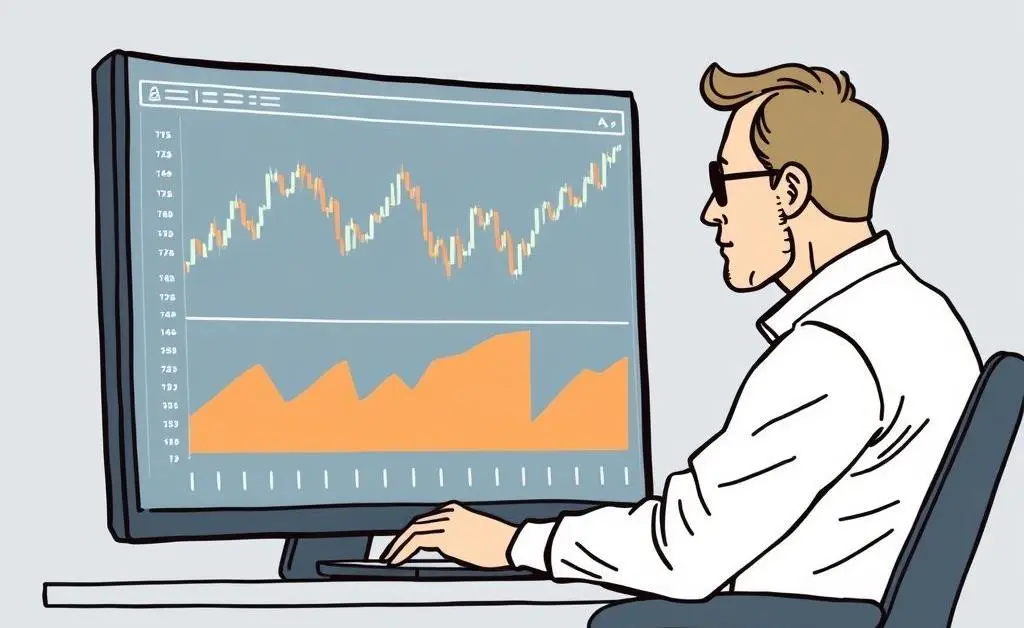Navigating the Ups and Downs of Investing: Should You Panic or Stay Calm?
Learn how to handle stock market fluctuations with confidence and ease.

Have you ever felt your heart race as you watch stock prices plummet? It's a feeling many investors know all too well. But before you hit that panic button, let's take a moment to breathe and reassess. Investing can be a roller coaster ride, and it's the calm, calculated decisions we make that often dictate our success.
The Emotional Roller Coaster of Investing
Investing emotions are real. Just the other day, I was sipping my morning coffee when a friend called in panic about a significant dip in their stock portfolio. They were all set to sell everything, but a little chat about the nature of market fluctuations helped them see things differently.
Why Do Stock Prices Fluctuate?
Stock prices can change due to a myriad of factors. These include:
- Economic Indicators: Reports on employment, inflation, and other economic metrics can influence market perceptions.
- Corporate Performance: Quarterly earnings reports often sway investor confidence.
- Global Events: Natural disasters, political upheavals, and global pandemics can shock the market.
Understanding these can help frame why stocks rise and fall, transforming panic into informed decision-making.
The Power of Staying Calm
In the world of investing, the phrase 'keep calm and carry on' holds significant weight. A quick decision based on fear can often lead to losses. Consider this: seasoned investors often use market dips to buy stocks at a lower price, increasing the potential for future gains.

Strategies to Manage Anxiety
Here are some tangible strategies to help manage investing anxiety:
- Set Clear Investment Goals: Knowing your long-term goals can help you weather short-term storms.
- Diversify Your Portfolio: A mix of asset types can mitigate risk.
- Educate Yourself: Understanding market principles can empower and educate your decisions.
It's natural to feel uneasy during market volatility, but with knowledge and strategy, you can stay the course.
Conclusion: Reflection and Decisions
Next time you feel the pinch of a market dip, remember to take a step back and assess your goals. Are you looking beyond the current headlines to your long-term vision? Have you considered how this moment could be an opportunity rather than a setback?

In your investing journey, how do you maintain a sense of calm amid market volatility? Feel free to share your thoughts and let's continue this conversation.




